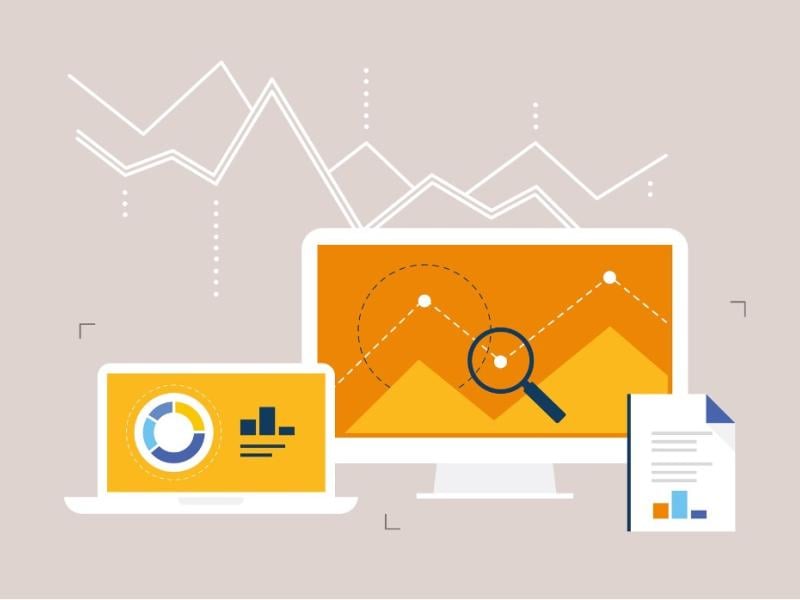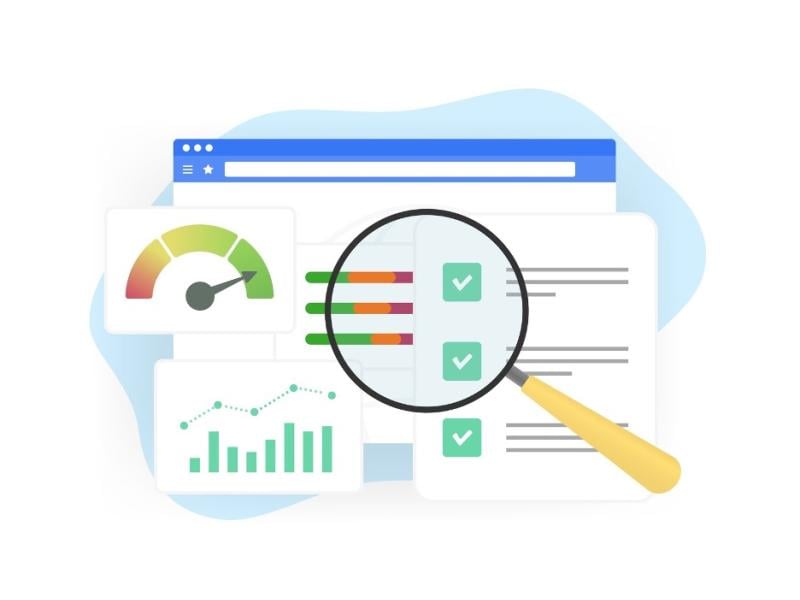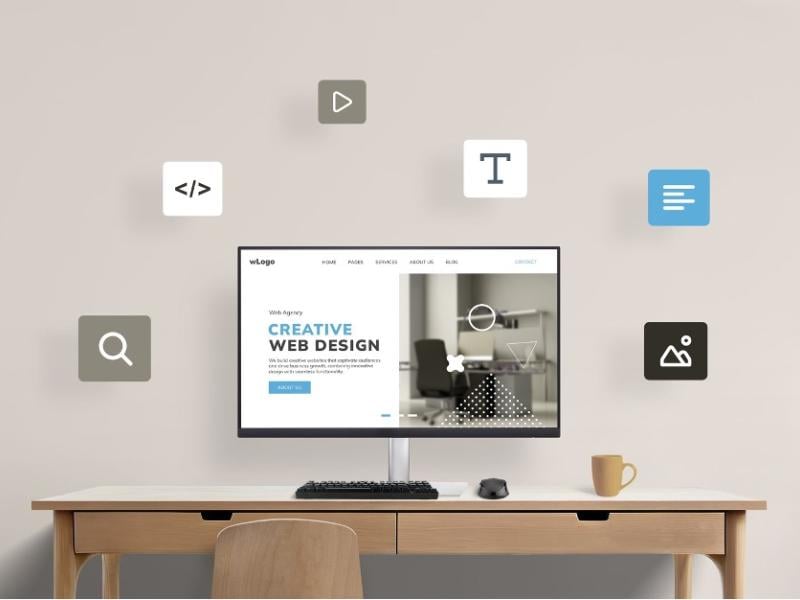The rise of AI-powered chatbots has transformed how businesses engage with their customers. Once relegated to simple FAQ support, chatbots have evolved into sophisticated content creators and marketing tools. In the biotech industry, where customers are increasingly seeking specific answers rather than just searching for information, AI chatbots have become instrumental in lead generation and brand promotion.
This article will explore how the latest chatbot technology advancements enable biotech companies to create engaging, personalized content that builds trust. With an AI chatbot upgrade, you can establish a strong online presence and deepen relationships with your target audience.
The Evolution of AI Chatbots in Biotech Marketing
Chatbots are AI-powered software applications that simulate human conversation. Previously limited to providing scripted responses to basic inquiries, chatbots can now engage in natural, contextual dialogue.
In the biotech industry, where products and services are highly complex, chatbots are an ideal solution for simplifying and explaining these complexities in a user-friendly manner. Chatbots use natural language processing (NLP) and machine learning (ML) to understand user intent and context and deliver relevant, helpful responses.
Chatbots for biotech companies have numerous benefits. They can streamline customer support, generate qualified leads, and position the company as an industry thought leader by creating engaging, informative content.
Chatbots are available 24/7, making them ideal for disseminating critical information and offering support to researchers, clinicians, and patients anytime. Whether answering inquiries about products or assisting with technical issues, chatbots can enhance customer support efficiency. They can also gather valuable data and user feedback, aiding market research and product development.
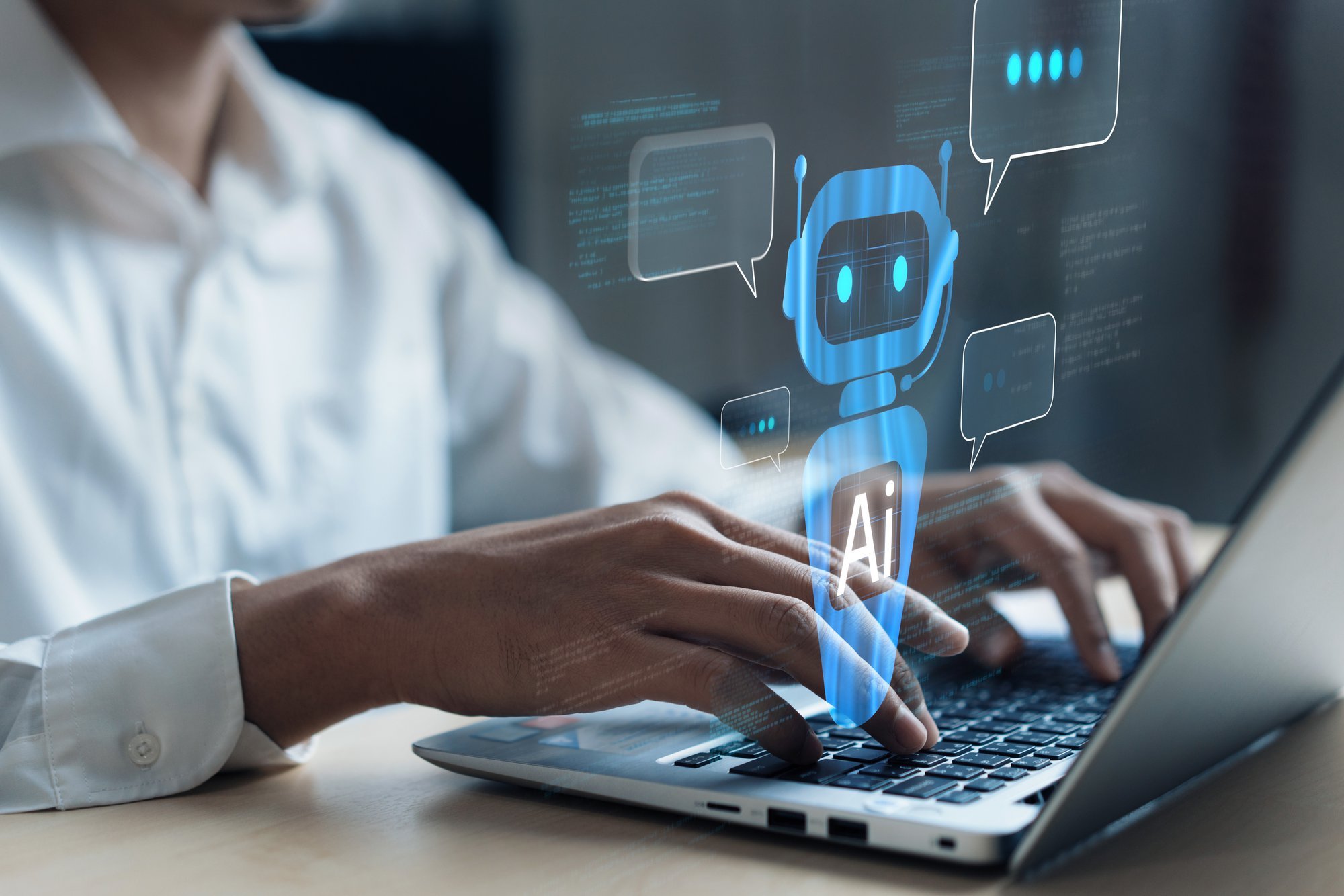
Turn Insights Into Interactive Content With AI Chatbots
Biotech companies often offer a wealth of informative content, including technical whitepapers, webinar recordings, blog posts, research reports, and more. However, this content can be dense and overwhelming for time-strapped customers and prospects.
Leveraging AI chatbots is one way to breathe new life into existing biotech content. Chatbots can be used to distill complex information into bite-sized, conversational experiences. For example:
- A chatbot could be trained on a company's clinical trial protocols to provide quick answers to common questions from potential study participants, like "What are the eligibility criteria?" or "How long does the study last?"
- Chatbots can walk users through interactive product demos or simulations, drawing from your existing product information and visuals.
- You can leverage a chatbot to provide users with personalized content recommendations based on their interests and previous interactions. This helps surface relevant content they may have missed.
- An AI chatbot integrated into a company's website could let visitors explore product specifications and use cases in a natural conversation rather than forcing them to read technical datasheets.
- An AI-powered chatbot could summarize key takeaways from webinars, making the content more accessible for those who could not attend the live session.
The key is to design chatbot experiences that are helpful, informative, and aligned with the specific needs of the target audience.
Establish Brand Authority Through AI Interactions
By delivering timely, authoritative information through an interactive AI interface, companies can position themselves as reliable, knowledgeable thought leaders.
For example, BioPharmCatalyst, a biotech research and analytics firm, launched an AI chatbot named "Aiden." Aiden provides investors with real-time updates on drug development pipelines, clinical trial data, and regulatory news. By making this valuable industry intelligence accessible through a conversational chatbot, BioPharmCatalyst can reinforce its reputation as a trusted source of biotech insights and analysis.
Similarly, the BioImage.IO chatbot developed by researchers in Spain and Sweden demonstrates how AI-powered assistants can help biotech companies showcase their technical expertise. By enabling researchers to manage and analyze large biomedical image databases, the chatbot positions the creators as innovative leaders in life sciences informatics and image analysis. This helps enhance the credibility and authority of the underlying biotech organizations.
Through the strategic deployment of AI chatbots, biotech brands can effectively communicate their industry knowledge, research capabilities, and commitment to customer success. This contributes to building credibility, long-term trust, and loyalty.
Lead Generation and Product Promotion
AI chatbots can be valuable in lead generation and product promotion for biotech companies. By offering gated access to premium content like whitepapers or case studies in exchange for contact information, chatbots can help capture high-quality leads.
For instance, a chatbot on a company's website could prompt visitors with an offer: "Receive a free copy of our latest whitepaper on gene therapy advancements in your inbox. Provide your email address below for instant access". The chatbot can then collect lead information and deliver the requested content automatically.
Chatbots can also actively promote a biotech company's products and services. Through natural conversations, it can highlight key features, use cases, and benefits of the company's drug, device, or diagnostic offerings. This conversational approach is often more engaging and effective than static product pages or brochures.
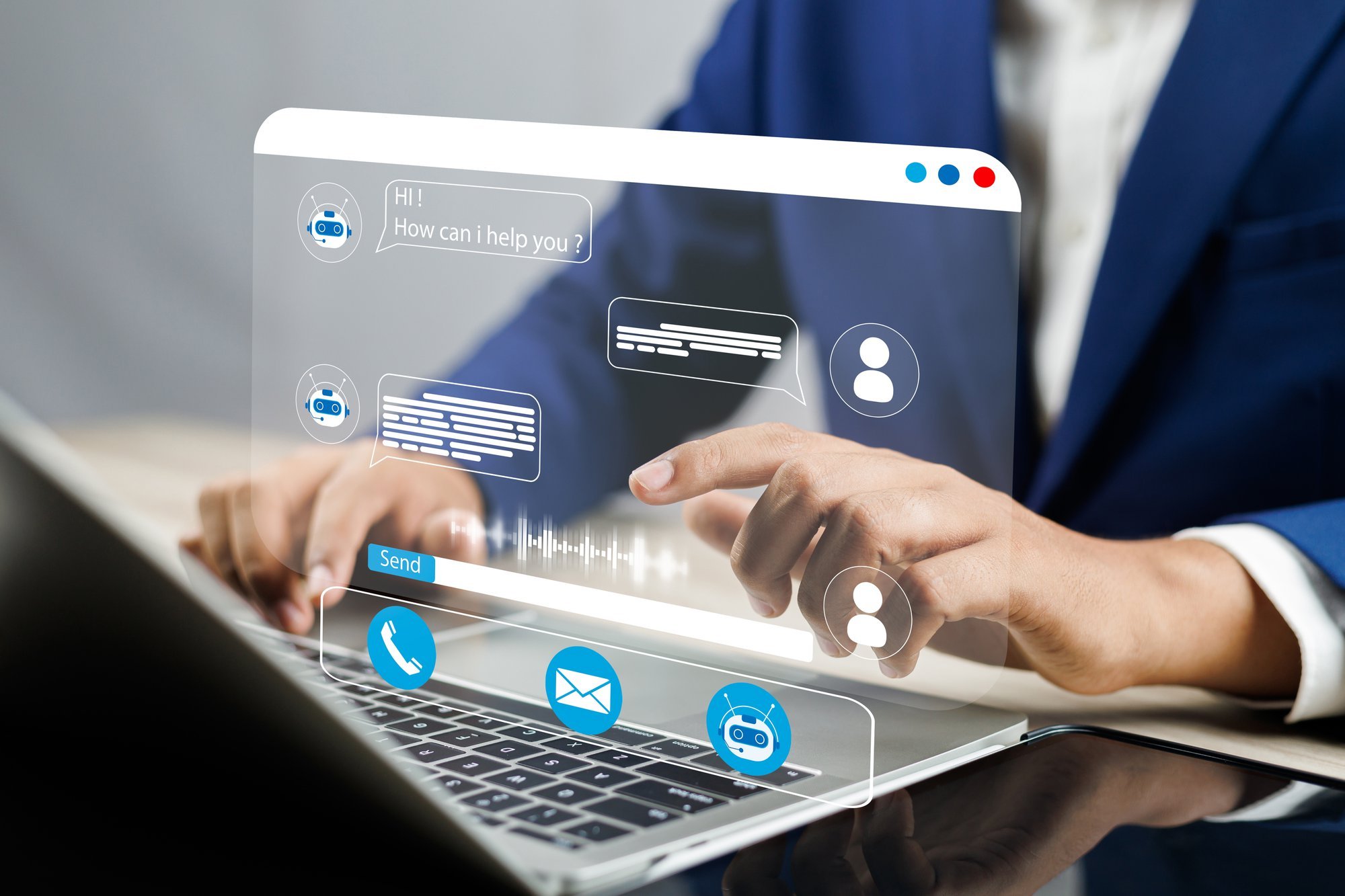
Enhancing Engagement and User Experience
By analyzing user inputs and behaviors, NLP-driven chatbots can tailor conversation flow, tone, and content to user needs and preferences. For example, a chatbot can recognize when a user is frustrated or confused and adjust its responses to be more empathetic and clarifying. It could also pick up on a user's specific interests or pain points and proactively offer relevant information or solutions. This personalized touch can make interactions feel more human-like and valuable to the customer.
Furthermore, chatbots can offer real-time language translation capabilities for global biotech companies. This allows the chatbot to communicate fluently with customers and prospects in their preferred language, breaking down language barriers. The chatbot can translate text and voice inputs/outputs, facilitating more natural and inclusive conversations.
KPIs to track chatbot impact on user engagement include:
- Engagement rates such as messages exchanged and time spent chatting.
- Lead conversion rates from chatbot interactions.
- Customer satisfaction scores.
Using this data to optimize the chatbot experience can foster deeper connections and higher engagement with users.
The Future of Biotech Chatbots
Looking ahead, we can expect chatbots to integrate seamlessly with emerging technologies like augmented reality (AR) and virtual reality (VR) to create even more immersive, interactive experiences. Biotech companies may leverage AR-powered chatbots to provide virtual product demonstrations or use VR-enabled chatbots to guide users through simulated lab environments. By continuously evolving your chatbot offerings, your biotech brand can stay at the forefront of innovation and deliver exceptional customer experiences.
Unleashed Technologies can help you integrate new features to elevate your online presence—from streamlining workflows and improving efficiency to optimizing UX and personalizing engagement. Our team of experts develops AI-powered solutions, applications, and websites for specialized industries, including life sciences, biotech, healthcare, and associations. Find out more—let’s connect.
